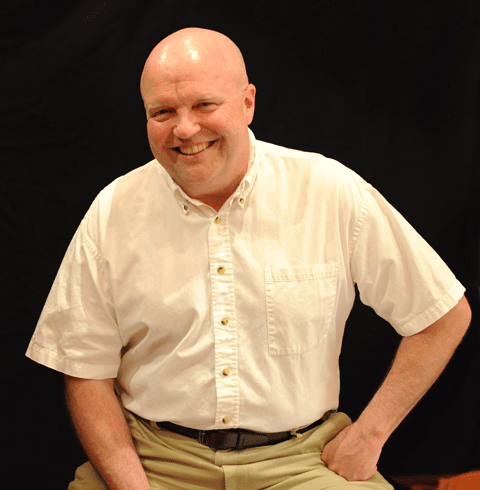 Sam Grover |
Do the kids still read Jack Kerouac? Is he still a favorite of high school English teachers who want to see which students have potential?
Let’s hope so. His was an electric intelligence that flowed unpredictably and burrowed into a subject.
Drummer/composer Steve Grover, who does happen to teach at UMaine-Augusta, Bowdoin, and Bates, is doing his best to keep Kerouac’s memory alive. He referenced him with two songs on 2011’s Statement, and now calls his latest work, Haiku (his 10th full-length), inspired by Kerouac and fellow mid-century poet William Carlos Williams.
Of course, it’s usually On the Road those high school teachers assign, but Kerouac was a deep examiner of Buddhism and embraced the haiku, writing hundreds of them in the 1950s and ’60s. His and Williams’ “American haikus” expanded upon the natural association of the form, etching thoughts on seasons, the landscape, and the outdoors, but also the human condition and what it all means (there’s some debate about whether they were actually writing senryu, another form of short Japanese poetry, but that doesn’t seem overly important).
Try to forget all that horrible haiku you were forced to write in English class, and the horribly tone-deaf uses of the form for humor or faux intellectualism (I’m looking at you, Peter King). And try not to just put on this record and then proceed to do something else. It warrants your full attention.
The list of hyperbolic things I’ve written about Steve Grover is already embarrassing, but he deserves all of the accolades, for the pieces he puts together as well as the musicians out of whom he coaxes great things. In this go-round of his clean, classic, bop-styled jazz, he’s got three long-time partners making up his Quartet: bassist Chris Van Voorst Van Beest, who goes as far back as 2000’s Remember right through to Statement; pianist Frank Carlberg, who also was on Remember, and with Van Beest again on Breath in 2003, plus Blackbird Suite (1997) and Consideration (1999); and tenor saxophonist Andrew Rathbun, who was also on Breath.
They were comfortable together 15 years ago, so it’s no wonder they sound effortless now. One of the more enjoyable aspects of this album is anticipating who’s going to be featured on which track and what each player is going to do with that freedom.
Allen Ginsburg went so far as to say in The Paris Review of Kerouac that he was “the only master of the haiku” in the United States (talk about hyperbolic), but it’s certainly true that the form played to Kerouac’s desperate need to boil a subject down to its essence.
Similarly, Grover and company are masters of saying much with few notes. The drum break in “Soup” rolls and skips in the snare and toms, but is really all about the nonchalant cymbal work, unpredictable like a flickering fire. “Waning Moon” opens with Rathbun tossing notes into the air only to let them drop with parachutes attached. And Van Beest finishes it with a spare solo that’s sublime in its reserve.